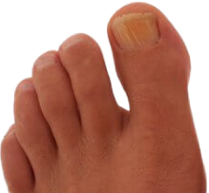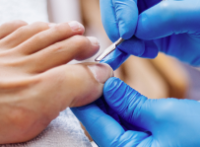Problems with Scientific Research on the "Best Treatment" for Nail
Fungus
Current research on therapies for fungal nail infections faces several
challenges. One major issue is potential bias, particularly when
studies are funded by pharmaceutical companies aiming to show their
treatments are superior to competitors’. Researchers may be reluctant
to publish negative results, compromising the integrity of the
findings. Additionally, the quality of these studies can be poor,
making it difficult to compare outcomes accurately. For example, one
study might show a treatment as more effective simply because the
participants were younger and healthier, leading to an unfair
comparison akin to “comparing apples to oranges.”
Another issue is the inconsistent definition of “successful
treatment.” One researcher might deem a treatment successful if the
infection initially clears, even if it quickly recurs. In contrast,
another researcher and the affected individual would likely view this
as a failure. These discrepancies complicate the evaluation of
treatment effectiveness and highlight the need for more standardized
and unbiased research methodologies.













